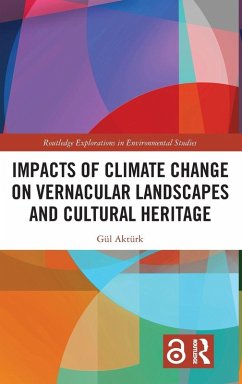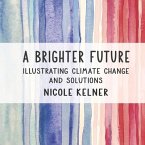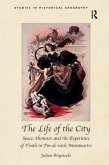This book reveals the impacts of climate change and anthropogenic interventions on vernacular landscapes as a cultural heritage through an analysis of regional and urban development projects and local-level practices. Vernacular landscapes encompass customs, practices, places, objects, artistic expressions, and values that are innate to a particular place and time, with climate knowledge embedded alongside other environmental, cultural, and societal determinants. The cultural heritage of these places is threatened by climate and disaster risks, such as loss of land, food sources, water resources, intangible values, and displacement. This book first critically unfolds the legacy of vernacular heritage responses to local conditions, focusing on climate, drawing on the examples of vernacular heritage sites worldwide, including India, Japan, and Mali. It then critically analyses the effects of climate and disaster risks on vernacular heritage, accelerated by spatial and local decisions and practices in a detailed study in F¿nd¿kl¿, a district of Rize Province on the Black Sea coast in Turkey. It evaluates the insights, perceptions, and experiences of local people through interviews aiming to shed light on climate-resilient vernacular heritage sites. By understanding the present challenges resulting from past decisions and actions at various scales, this book offers an interdisciplinary approach to the emerging field of climate change adaptation of cultural heritage studies. Bridging multiple fields, it will be of interest to researchers, academics, and students interested in cultural heritage, climate change studies, environmental studies, architectural and landscape conservation, and planning. The Open Access version of this book, available at www.taylorfrancis.com, has been made available under a Creative Commons Attribution-Non-Commercial-No Derivative Licence (CC-BY-NC-ND) 4.0 International license. Any third party material in this book is not included in the OA Creative Commons license, unless indicated otherwise in a credit line to the material. Please direct any permissions enquiries to the original rightsholder.
Bitte wählen Sie Ihr Anliegen aus.
Rechnungen
Retourenschein anfordern
Bestellstatus
Storno








